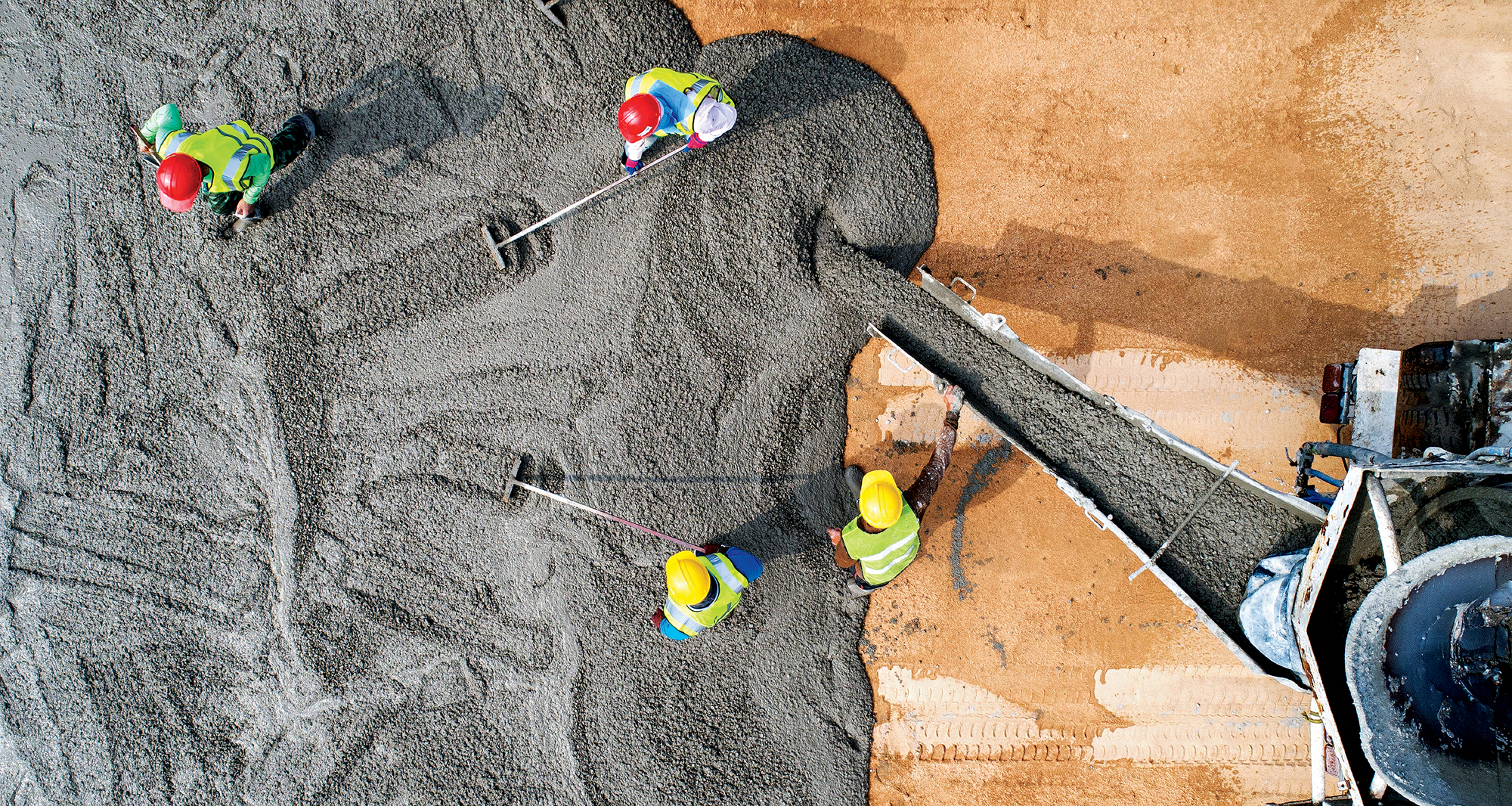Introducing the Eco-Friendly Advantages of Making Use Of Recycled Concrete in Sustainable Construction Practices
In the world of lasting building and construction methods, the application of recycled concrete stands as a critical yet usually undervalued resource. Past its standard applications, recycled concrete offers a myriad of environment-friendly benefits that prolong much past the confines of standard building and construction products. From decreasing environmental effect to enhancing cost-efficiency, the ramifications of incorporating recycled concrete in sustainable structure methods are considerable. This functional material not just addresses pushing ecological problems but additionally provides a practical remedy to the challenges dealt with by the building market at large.
Environmental Benefits
Undoubtedly, among the most considerable benefits of using recycled concrete is its positive impact on the atmosphere. By incorporating recycled concrete right into building and construction techniques, there is a significant reduction in the demand for new basic materials, leading to conservation of natural deposits. This process helps in maintaining aggregates, water, and power that would certainly have been utilized in creating new concrete. In addition, the usage of recycled concrete decreases the amount of waste being sent out to garbage dumps, therefore decreasing ecological contamination and minimizing the pressure on garbage dump capabilities.

In contrast, recycled concrete has a lower carbon footprint as it minimizes the demand for brand-new concrete production. Overall, the ecological benefits of using recycled concrete are considerable and play a vital duty in advertising environment-friendly building techniques.
Cost-Efficiency
Attaining cost-efficiency is a paramount consideration when analyzing the application of recycled concrete in construction tasks. One of the essential benefits of making use of recycled concrete is its cost-effectiveness compared to standard concrete.
Furthermore, the use of recycled concrete can result in savings in landfill expenses by drawing away concrete waste from disposal websites. This not just reduces the ecological effect however likewise removes the expenses related to waste removal. Additionally, the longevity and performance of recycled concrete are comparable to standard concrete, guaranteeing that expense savings do not jeopardize the high quality of the building and construction.
Sturdiness and Toughness
Thinking about the considerable cost-efficiency benefits of using recycled concrete, it is important to examine its durability and toughness in building and construction applications. Recycled concrete offers similar, otherwise remarkable, resilience and strength residential properties to conventional concrete. With developments in handling techniques and quality assurance, recycled concrete can satisfy or surpass the efficiency standards of standard concrete. The procedure of recycling concrete browse around these guys includes squashing, sorting, and evaluating old concrete to create accumulations that can be utilized in brand-new building and construction jobs. These recycled aggregates can supplying acceptable compressive toughness, sturdiness, and long-lasting performance.
:max_bytes(150000):strip_icc()/GettyImages-941748918-5c7f3654c9e77c00012f82f6.jpg)
Waste Reduction
Reliable waste reduction practices play a critical duty in the sustainable application of sources within the building and construction industry. When it pertains to using recycled concrete, waste reduction is a key benefit that contributes substantially to ecological preservation. Traditional construction techniques typically produce considerable quantities of waste, specifically in the kind of concrete debris from demolition sites. By integrating recycled concrete into building projects, this waste is repurposed and diverted from garbage dumps, decreasing the overall environmental influence of building and construction tasks.
In addition, the use of recycled concrete can lead to set you back savings for building and construction tasks, as it is frequently a lot more inexpensive than sourcing and transporting new materials - Concrete. In final thought, waste decrease via the use of recycled concrete is a crucial element of lasting building and construction methods that profits both the atmosphere and the building and construction sector as a whole.
Energy Conservation
When it comes to using recycled concrete in building and construction, significant power savings are attained contrasted to conventional concrete manufacturing. The process of creating recycled concrete includes squashing and recycling existing concrete products, which takes in learn the facts here now much less power than mining, handling, and carrying raw products for brand-new concrete production.
Conclusion
To conclude, the usage of recycled concrete in sustainable building practices uses various environmental benefits, cost-efficiency, resilience, stamina, waste reduction, and energy conservation. By including recycled concrete into construction projects, we can add to a much more sustainable and ecologically pleasant future. It is vital for the construction industry to prioritize making use of recycled products to assist lower the environmental impact of building activities.
One of the crucial benefits of utilizing recycled concrete is its cost-effectiveness contrasted to traditional concrete.Furthermore, the use of recycled concrete can lead to savings in garbage dump prices by drawing away concrete waste from disposal websites. The toughness and efficiency of recycled concrete are similar to standard concrete, making sure that expense financial savings do not compromise the quality of the building.
